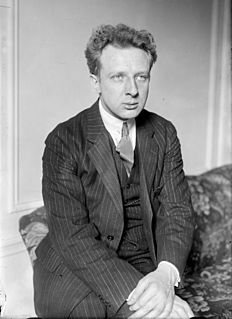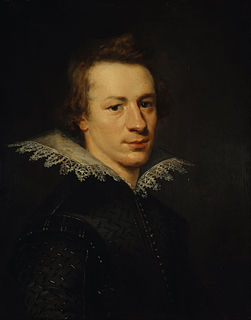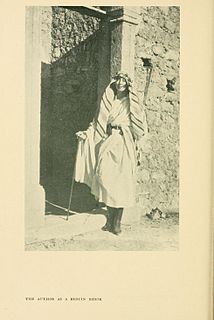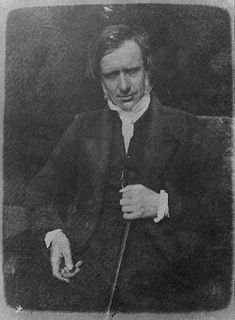A Quote by Benjamin Franklin
Proclaim not all thou knowest, all thou knowest, all thou hast, nor all thou cans't.
Related Quotes
Both in thy private sessions, and the universal assizes, thou shalt be sure of the same Judge, the same jury, the same witnesses, the same verdict. How certain thou art to die, thou knowest; how soon to die, thou knowest not. Measure not thy life with the longest; that were to piece it out with flattery. Thou canst name no living man, not the sickest, which thou art sure shall die before thee.
O Lord, Thou knowest that which is best for us; let this or that be done, as Thou shalt please. Give what Thou wilt, how much Thou wilt, and when Thou wilt. Deal with me as thou thinkest best. Place me where Thou wilt, and deal with me in all things just as Thou wilt. Behold, I am Thy servant, prepared for all things: I desire not to live unto myself, but unto Thee; and oh, that I could do it worthily and perfectly!
It seemed impossible to leave the world until I had produced all that I felt called upon to produce, and so I endured this wretched existence an excitable body which a sudden change can throw from the best into the worst state. Patience I must now choose for my guide, and I have done so. Divine One, thou lookest into my inmost soul, thou knowest it, thou knowest that love of man and desire to do good live therein.
Think not so much of what thou hast not as of what thou hast: but of the things which thou hast, select the best, and then reflect how eagerly they would have been sought, if thou hadst them not. At the same time, however, take care that thou dost not, through being so pleased with them, accustom thyself to overvalue them, so as to be disturbed if ever thou shouldst not have them.
Sin! Sin! Thou art a hateful and horrible thing, that abominable thing which God hates. And what wonder? Thou hast insulted His holy majesty; thou hast bereaved Him of beloved children; thou hast crucified the Son of His infinite love; thou hast vexed His gracious Spirit; thou hast defied His power; thou hast despised His grace; and in the body and blood of Jesus, as if that were a common thing, thou hast trodden under foot His matchless mercy. Surely, brethren, the wonder of wonders is, that sin is not that abominable thing which we also hate.
Oh, thou did'st then ne'er love so heartily. If thou rememb'rest not the slightest folly That ever love did make thee run inot, Thou has not loved. Of if thou has't not sat as I do now, Wearying they hearer in thy mistress's praise, Thou has not loved. Of if thou hast not broke from company Abruptly, as my passion now makes me, Thou has not loved. (Silvius)






























